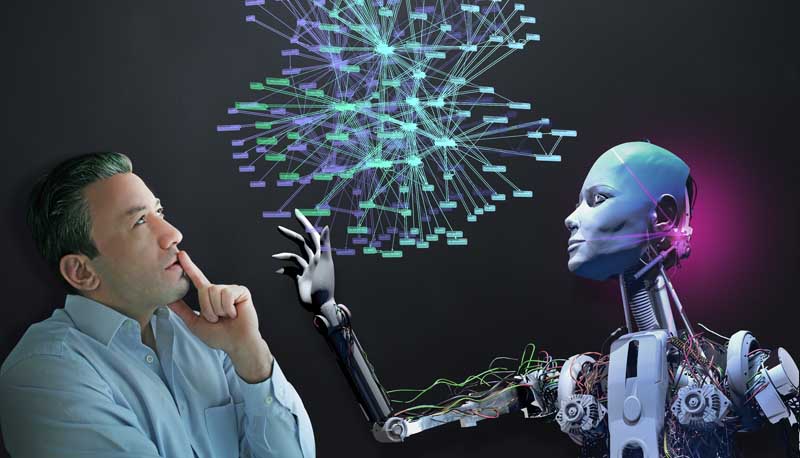
In the early part of 2020, the war for talent was as heightened as ever, and poised to become even more so. Several industries and sectors expected ambitious hiring to cater to strong growth. And automation, artificial intelligence (AI), and other forms of HR technology were frequently tapped to aid HR in efficient, quick, and scalable discharge of HR duties.
It all changed as if in a flash! The world suddenly confronted recession, workforce management became more complicated with record unemployment, and many former workforce members were looking for job opportunities. HR consequently went into overdrive mode, visualizing the universe of employee scenarios amid pandemic uncertainty. In addition to better preparing the organization for what lay ahead, this heightened activity developed the connect with employees as allies by giving due consideration to their health and productivity.
Alarm bells were already ringing loud in 2017-2018, with leaders around the world thinking about how organizations would function with thousands of automated jobs. Just two years down the line, the first law of digital innovation (posed by the MIT Sloan Management Review) shone bright: “Technology changes quickly, but organizations change much more slowly.” Smart machines are a growing part of day-to-day work, but are yet to take away a sizable chunk of human jobs.
What this clearly implies, though, is that HR must focus on how AI augments – not replaces – humans.
AI is rapidly becoming a key part of HR software solutions spurred by the pandemic. The overwhelming driver was the need to be free from routine tasks and be able to focus on more pressing challenges.
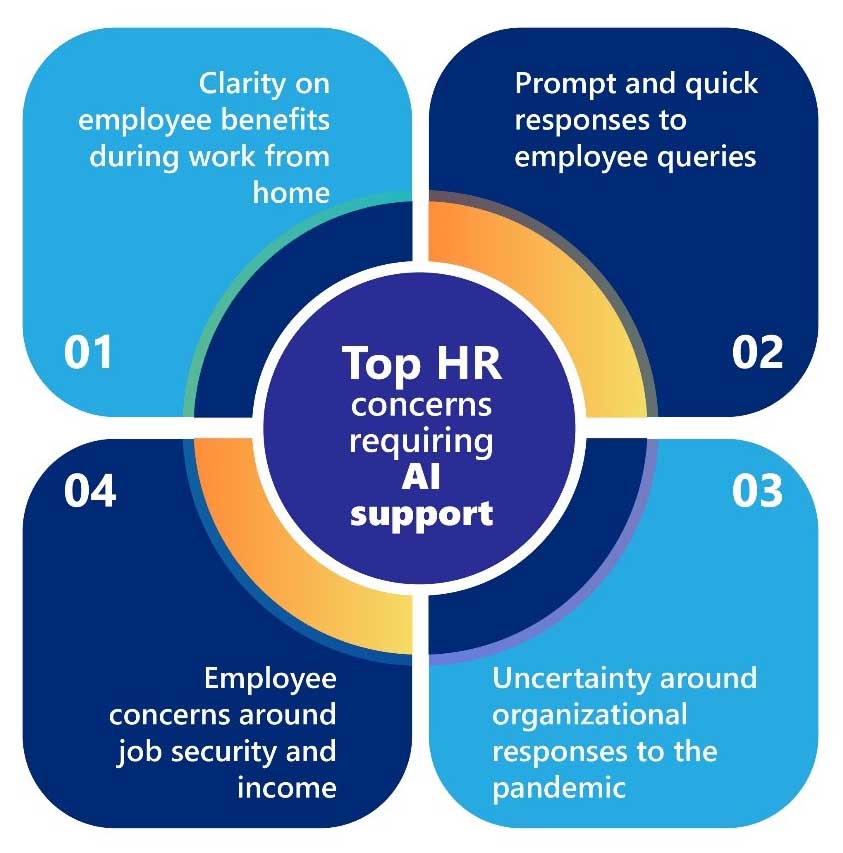
With AI becoming a key part of HR technology, HR professionals are upping their tech-savviness. Machines provide several benefits for workforce management and other HR tasks. Here is a look at their role in HR:
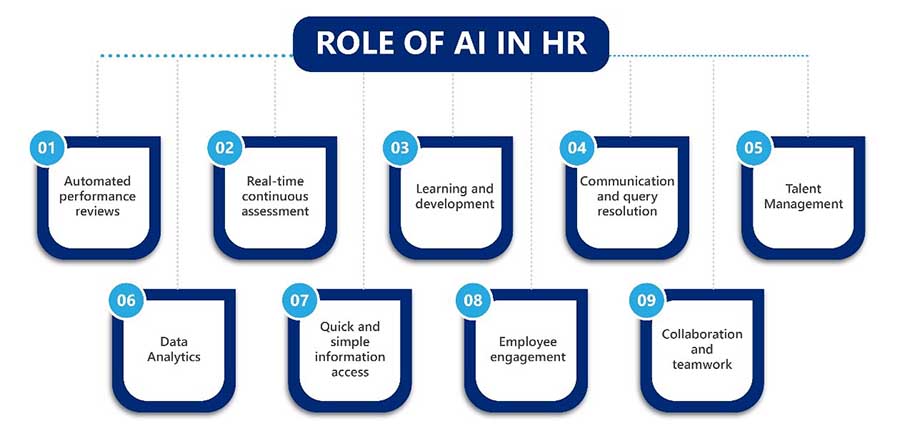
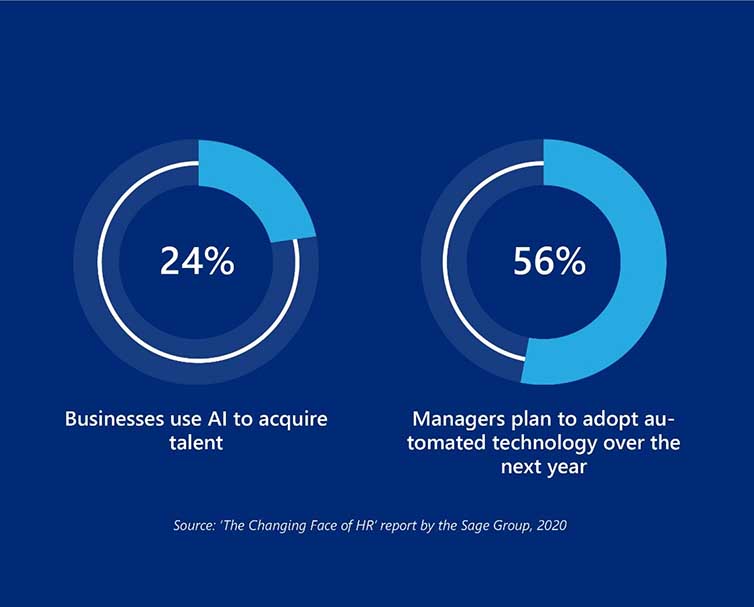
The pandemic has merely sped up what was already in process – as early as 2019, a study by Oracle and Future Workplace showed that 50 percent of HR professionals used AI in their work. This represented a 32 percent growth from the numbers using AI in the previous year.
Technology merely streamlined the analog aspects of HR operations, freeing up time for other tasks and creative solutions. Recruiters are now able to:
There remains the challenge of getting to know candidates without in-person meetings as well as dissecting the data and pinpointing the most important metrics, but the HR software solutions are getting better all the time.
Given the benefits that AI in HR tech brings to recruiters, they must move quickly to understand how they can function optimally in the pandemic era. From functions to processes and technology, everything will need to change as per current requirements. The clear benefits demonstrated by AI in recruitment could well be what spurs its wider adoption and boosts HR efficiency and productivity.
There is no doubt that industries require innovative HR software solutions powered by AI. HR tech powered by AI played a key role in responding to multiple employee queries, create a more transparent HR ticketing process, and streamlining routine HR tasks such as attendance and leave management, among others.
This has encouraged the growth of many HR tech startups, whose work with AI and machine learning (ML) is improving talent acquisition and management, training, engagement, and other aspects of HR hugely. What remains important is to choose the right solution for the particular purpose and circumstances.
Some interesting HR tech startups and their solutions are explained below:Given how companies have been seeking solutions to persistent HR tasks and problems, they took to HR tech like ducks taking to water, with conversational AI (AI-powered tools that respond to verbal inputs) making its place quicker than they had anticipated. Read on below to know about some successful adoptions:
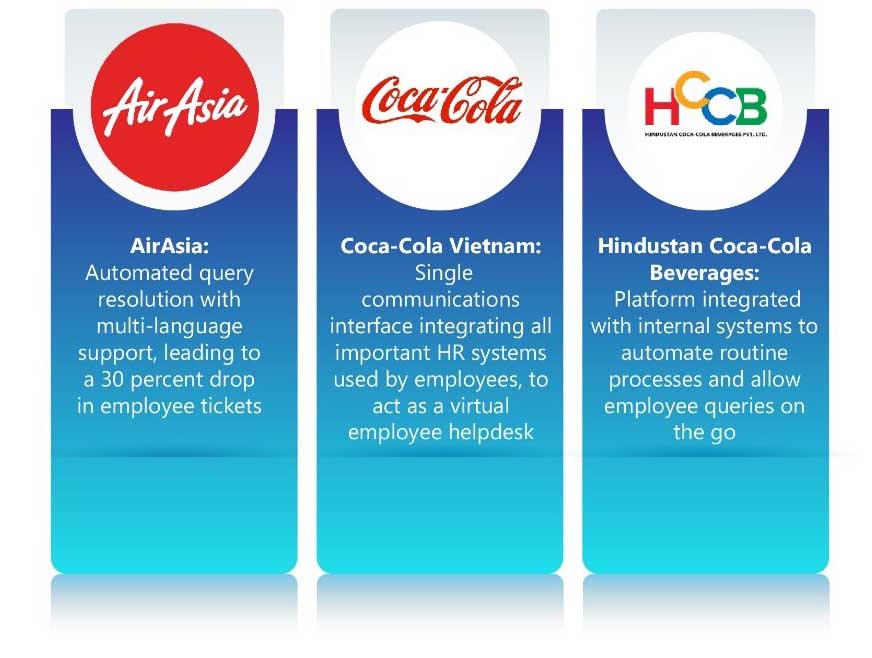
AI is undoubtedly reinventing HR, with the latest advancements fast becoming mainstream. Employees are demonstrably in favor – back in 2018, a PwC survey showed that nearly 75 percent employees prefer partly or fully digital interactions for common HR tasks. HR must assess its needs carefully and work closely with its tech vendors to identify the best solution for its needs, along with securing leadership buy-in by demonstrating its benefits.

CredBadge™ is a proprietary, secure, digital badging platform that provides for seamless authentication and verification of credentials across digital media worldwide.
CredBadge™ powered credentials ensure that professionals can showcase and verify their qualifications and credentials across all digital platforms, and at any time, across the planet.

Please enter the License Number/Unique Credential Code of the certificant. Results will be displayed if the person holds an active credential from TMI.